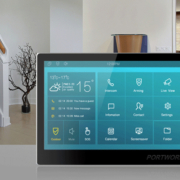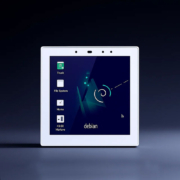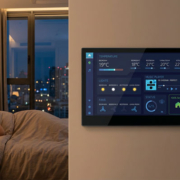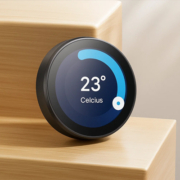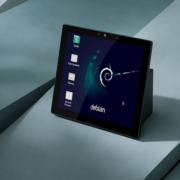Raspberry Pi vs PortPi: Which SBC Is Better for Smart Home Control?
As smart homes become more advanced and accessible, Single Board Computers (SBCs) are at the heart of many custom automation solutions. Among them, the Raspberry Pi has long been a fan favorite for DIY projects and prototyping. But in 2025, a new contender is gaining momentum in the smart home automation scene: the PortPi, developed by Portworld.
So, which SBC is better for smart home control—Raspberry Pi or PortPi? This article compares both platforms across performance, integration, customization, and application to help you decide.
Overview: Raspberry Pi vs PortPi
| Feature | Raspberry Pi | PortPi (by Portworld) |
|---|---|---|
| Processor | Broadcom ARM Cortex | High-performance quad-core ARM SoC |
| OS Support | Linux (Raspbian, Ubuntu), Android | Android/Linux (pre-installed with smart home OS) |
| GPIO | 40-pin | Extended IO with RS485, relay modules, etc. |
| Connectivity | Wi-Fi, Bluetooth, GPIO | Wi-Fi, Ethernet, Bluetooth, Zigbee, RS485 |
| Purpose | General DIY / maker board | Designed for smart home & control panel applications |
| Form Factor | General-purpose SBC | Compact, optimized for wall panels & embedded systems |
Smart Home Readiness
Raspberry Pi
- Great for experimentation and Home Assistant setups
- Requires external modules (Zigbee, relay boards, etc.)
- No native PoE or RS485 out-of-the-box
- Ideal for hobbyists but needs customization for deployment
Software & OS Compatibility
- Raspberry Pi is incredibly flexible, supporting Raspbian, Ubuntu, Android, and various custom distros.
- PortPi runs Android/Linux and is preloaded with smart home control UI, supporting Home Assistant, Tuya, and MQTT natively. It’s tailored for wall-mounted UIs and touchscreens.
PortPi also offers better UI/UX customization for branding, which is vital for OEM/ODM projects.
Hardware Expansion and Connectivity
- Raspberry Pi needs multiple add-ons (HATs, dongles) to match smart home requirements.
- PortPi is built with PoE, RS485, Zigbee, relay outputs, CAN bus, and UART support already on board—no need for add-ons.
This makes PortPi especially suitable for panel-mounted smart home devices, gateways, and industrial control.
Commercial Applications & Customization
PortPi, backed by Portworld, is designed for B2B and OEM partners. It offers:
- Hardware customization (ports, size, enclosure)
- Preloaded firmware for smart home control panels
- CKD/SKD delivery for local assembly and tariff reduction
- Engineering support for PCB design, enclosure, and UI/UX
Raspberry Pi is not designed for industrial or commercial embedding without heavy customization.
Developer & Community Support
- Raspberry Pi has a massive global community and endless tutorials.
- PortPi is supported by Portworld’s dedicated engineering team, offering direct support for developers, OEMs, and integrators.
If you’re an individual hobbyist, Raspberry Pi has more community examples. But if you’re looking for commercial-grade integration, PortPi provides direct and professional assistance.
Final Verdict: Which SBC Wins?
| Use Case | Best Choice |
|---|---|
| DIY or learning projects | Raspberry Pi |
| Custom smart control panels | PortPi |
| Commercial automation systems | PortPi |
| Home Assistant server on budget | Raspberry Pi |
| Touchscreen smart home interface | PortPi |
| B2B smart home panel OEM | PortPi |
While Raspberry Pi is excellent for personal experimentation and flexible projects, PortPi is purpose-built for smart home control—especially in wall-mounted smart panels, gateways, and OEM-level automation products. With native support for automation protocols, Android UI, and local assembly options, PortPi is the ideal SBC for businesses and developers serious about smart home integration.
If you’re building the future of smart living—whether it’s a modern apartment, smart hotel room, or enterprise-grade automation system—PortPi offers the power, reliability, and flexibility you need.

